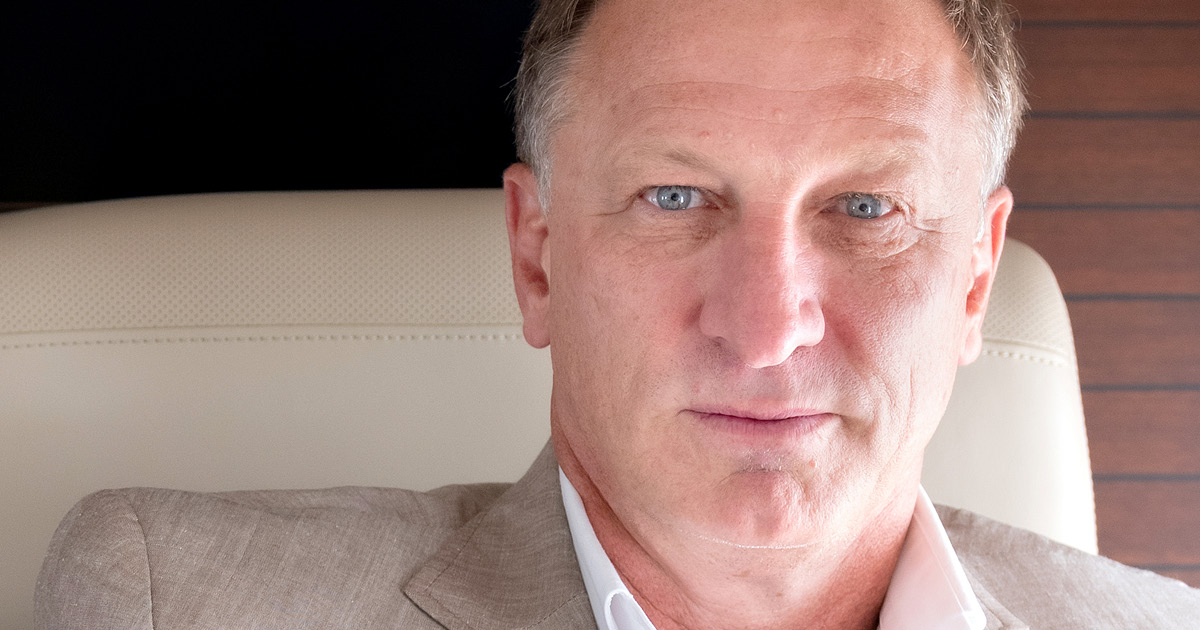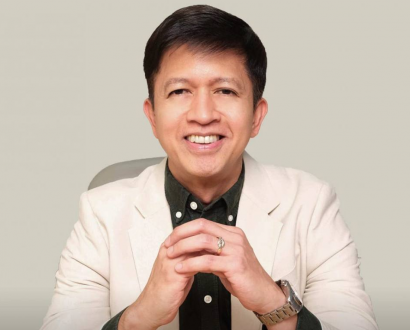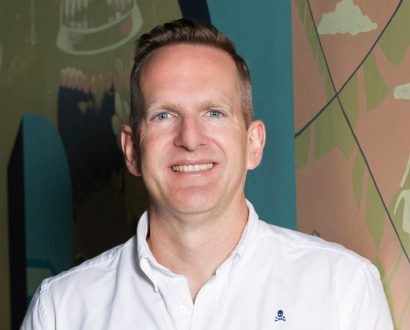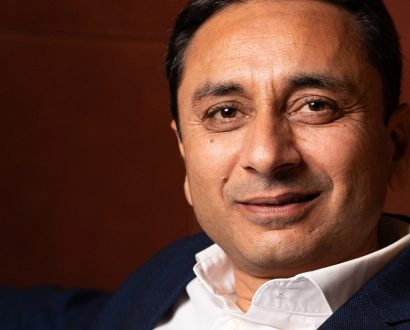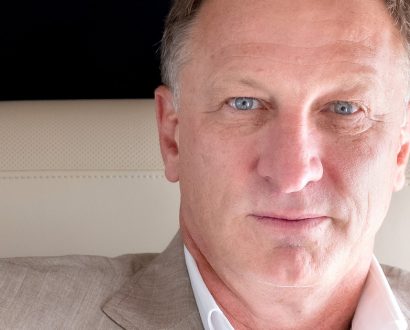Steel is the foundation of modern life, shaping everything from city skyscrapers to the infrastructure powering the renewable energy revolution. Yet behind every beam, bridge and windmill lies an unsung hero – metallurgical coal, the key ingredient that makes large-scale steel production possible.
Few understand the significance of steelmaking coal better than Matt Latimore, Founder and President of M Group, a company whose mission is to deliver quality steelmaking raw materials, including metallurgical coal, to key customers around the world.
In just 15 years, he’s built M Group into one of the world’s top five companies trading and exporting metallurgical coal.
He has succeeded with a philosophy of ‘absolute agility’, which is apparent across the business today. The organization’s responsiveness is spearheaded by Latimore’s readiness to travel across the globe to meet with stakeholders.
M Group also demonstrates absolute agility by adapting to shifting global demand while staying ahead of industry trends.
“We believe strongly in the long-term future of metallurgical coal,” Latimore tells The CEO Magazine. “In fact, our analysis, together with independent analysis, suggests there’ll be an increase in demand to 50 million metric tons between now and 2030, driven by industrialization and urbanization in India and South-East Asia.”
Building a global network
M Group delivers a suite of mining, marketing and logistics services to coking coal producers and customers worldwide and has evolved into a global powerhouse. Supported by a team of experts operating in Australia, the United States, China, India, Singapore, South America, Switzerland and the United Kingdom, M Group has a presence and business networks across the major steelmaking regions of the world.
This international reach, Latimore says, has been instrumental in securing partnerships with some of the world’s largest steel mills and financial institutions.
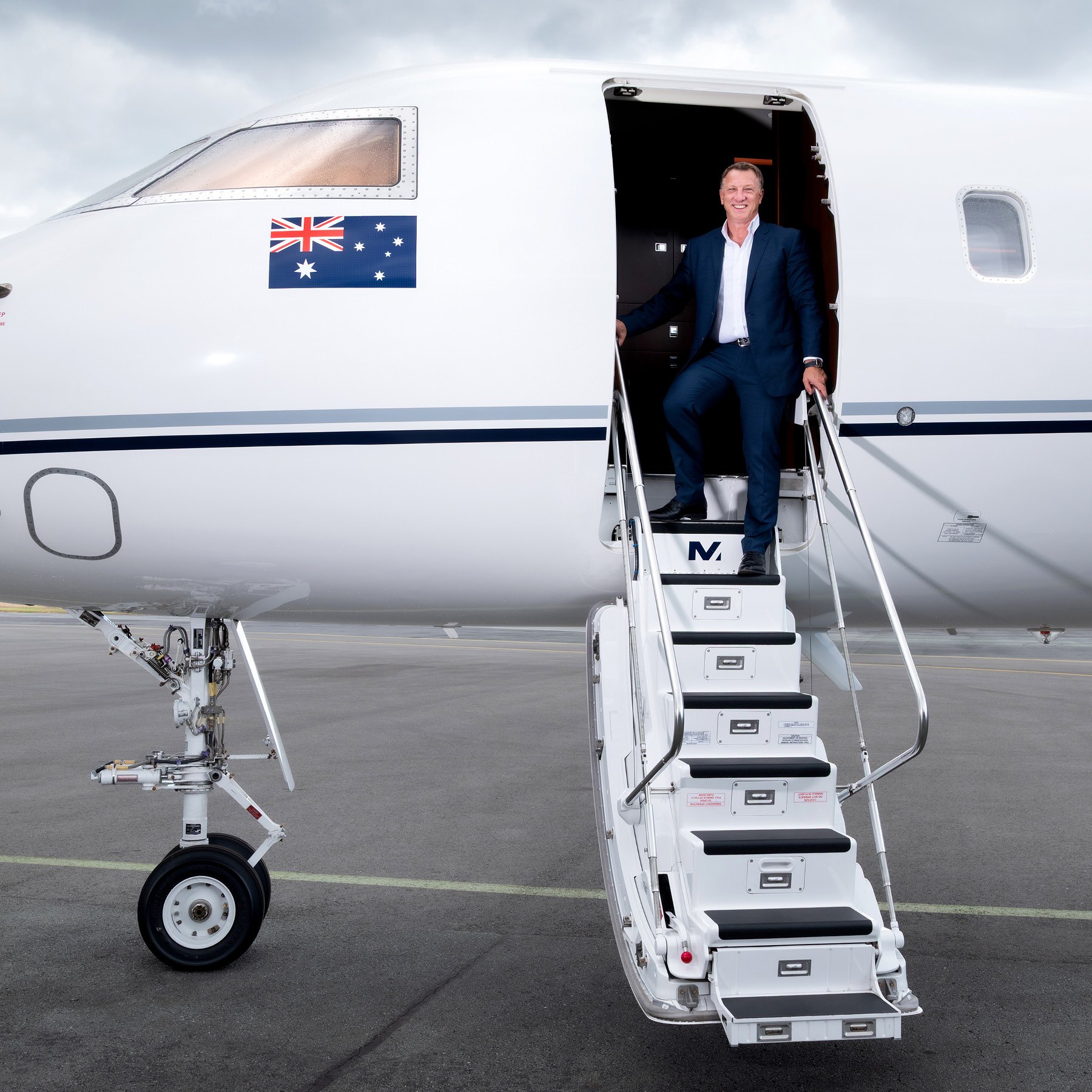

In fact, in partnership with Golden Energy and Resources, M Group recently acquired the Dendrobium and Appin mines of the Australian Illawarra Region, accompanied by an equity stake and management rights of the iconic Port Kembla Coal Terminal. The US$1.6 billion deal has accelerated its growth trajectory.
“I’ve been focused on picking our partners very carefully, aligning with them, setting our goals and then working closely to grow together,” he says. “That’s been very important.
“I’ve always been involved in international business, and I set the vision of what I wanted to achieve in terms of close customer relationships and growing the business from a trading and marketing perspective, but also moving into asset-related purchases and acquisitions and growing that side of the business as well.”
His vision has always been clear: to build and grow a secure and reliable supply chain that partners and customers can rely on.
Navigating market trends
While metallurgical coal remains the only viable method of making steel at scale, the global market is constrained due to a variety of reasons.
“International mining majors, which have been responsible for the vast majority of the world’s metallurgical coal supply, are exiting,” Latimore explains.
“And in many of the world’s coal mining regions, regulatory challenges, risks and delays make new metallurgical coal mine projects slow and difficult.”
Considering it’s an enormously important enabler of energy transition – it’s estimated that steel made using metallurgical coal can help to reduce close to two-thirds of the world’s emissions – Latimore has his work cut out for him. But never one to shy away from a challenge, he’s already planning M Group’s next phase.
“We’re already starting to think about the transition from steelmaking, using coal in a blast furnace, to steelmaking, using electricity generated from renewable resources in an electric arc furnace – which some call ‘green steel,’” he says.
“We anticipate a 20–30-year path for the global economy to move from steelmaking using coal to steelmaking using renewable energy. While the movement is decades in the making, we’re firm believers it’s necessary and it will happen.”
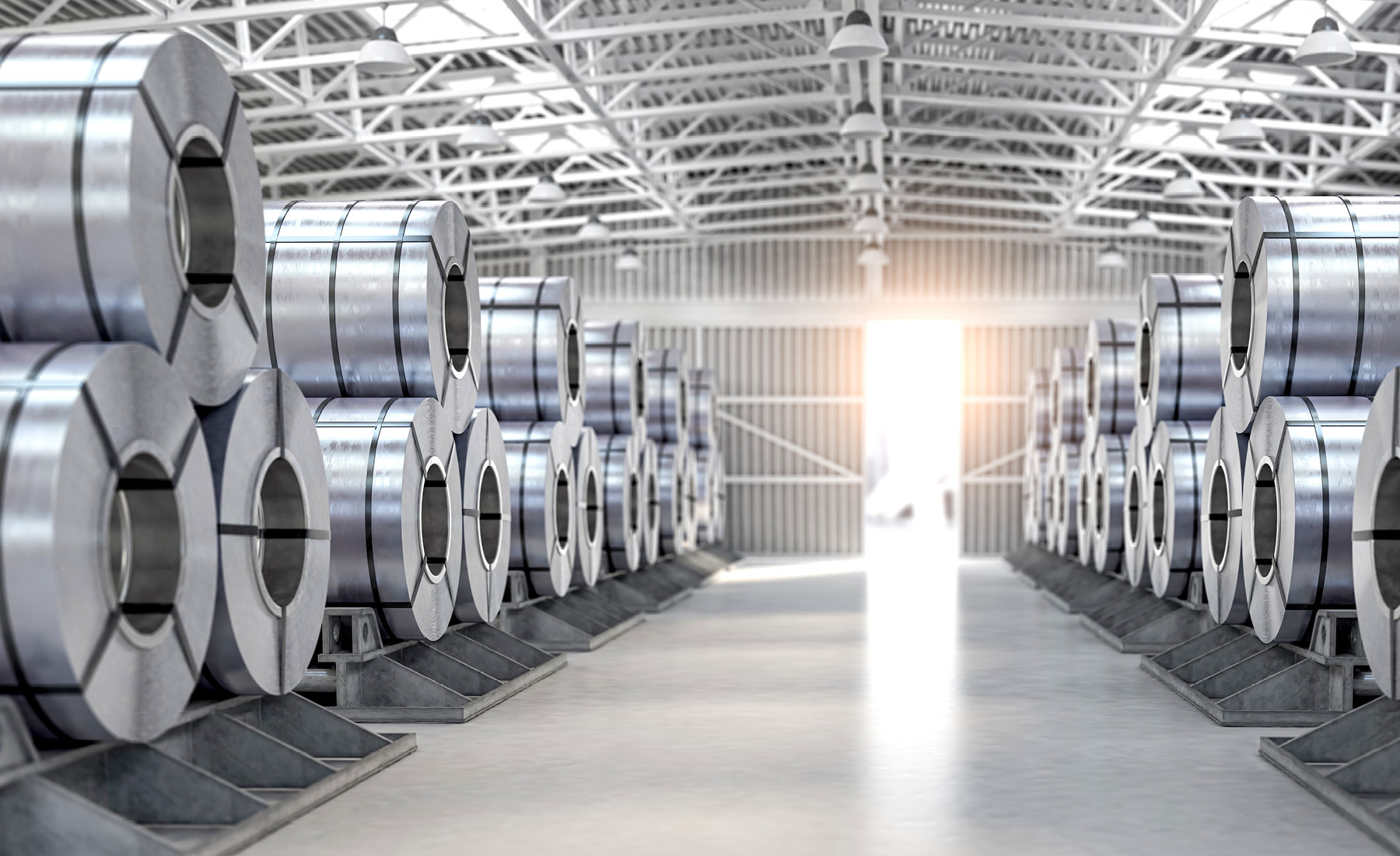

Latimore is so sure, he’s setting M Group up to play a leading role in this transition, with investments in scrap steel and iron ore. This will ensure the company continues to grow its position as a supplier of steelmaking raw materials.
The company is exploring critical minerals like vanadium, a material used for both steel hardening and in vanadium redox flow batteries, which are ideal for grid-scale, long-duration energy storage.
“M Group already has a 50 percent holding in private vanadium company V205, which is exploring and developing leases to extract vanadium, as well as graphite projects and is evaluating various copper investments,” he says.
“We have diversified our investments vertically through the mining value chain. And we’ve acquired mining services companies, adding to a list of Australian entities that provide underground mining services and various other activities.”
Investing in the future
Recognizing steel is the backbone of modern society, M Group is expanding across the entire steelmaking value chain by investing in the critical infrastructure assets that move raw materials efficiently from pit to port.
A prime example is M Group’s investment in OneRail, where it holds a 50 percent stake. OneRail moves more than 60 million metric tons of coal across Australia annually, and M Group’s 2022 acquisition from Aurizon – valued at approximately US$1.26 billion – cemented its position in bulk haulage and logistics.
“We are railing approximately 65 million metric tons of coal per year: 55 million metric tons a year in New South Wales and around 10 million metric tons in Queensland,” he points out.
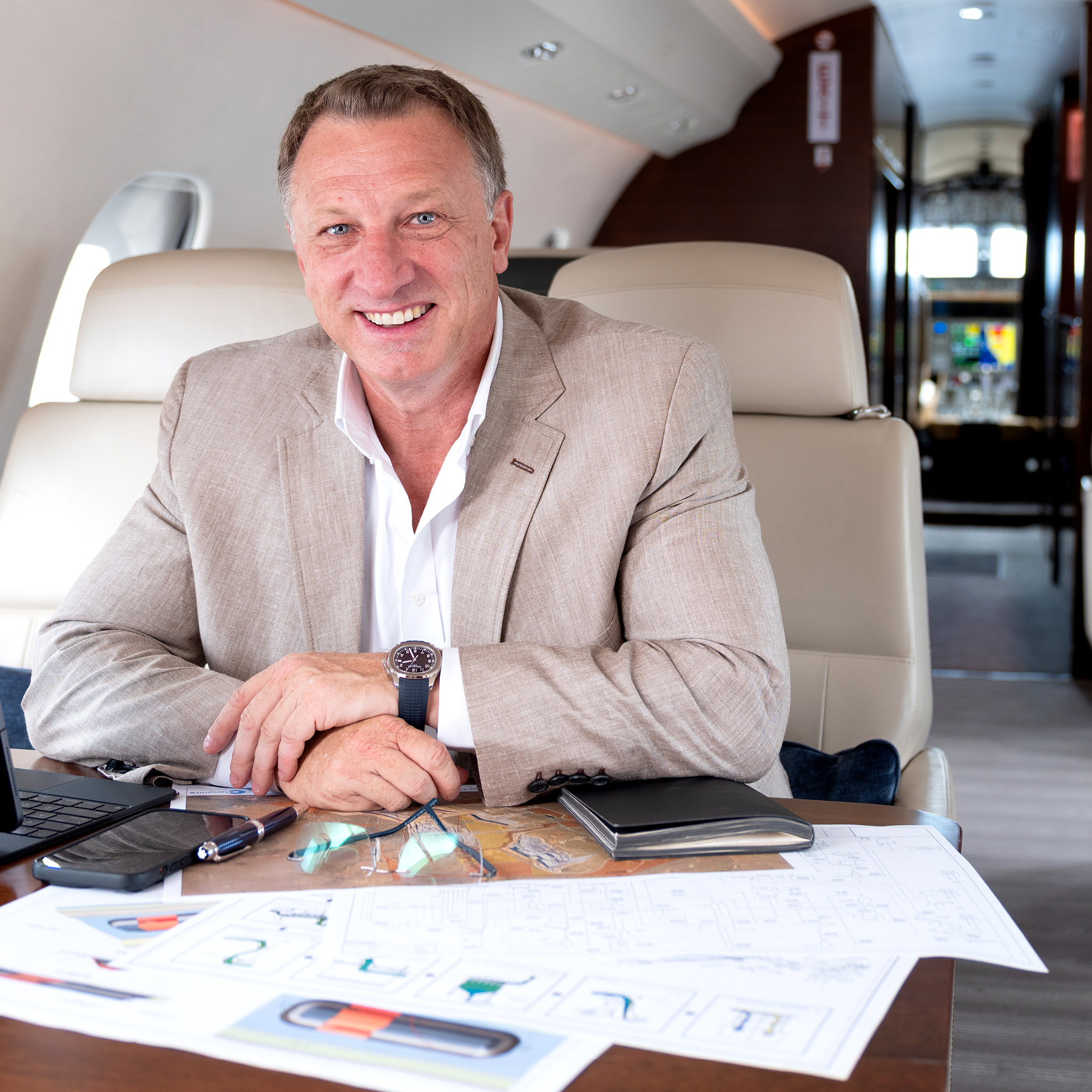

“We are working very hard to expand that business, and we have begun delivering and commissioning another in Queensland, which will further expand our presence in the railing and bulk haulage of steelmaking raw materials.
“This provides a strategic value to the other investments that we have. We’ve committed quite a lot of resources to securing the supply chain, and we’re pleased with that investment.”
In March 2023, M Group further strengthened its position by acquiring a majority stake in Mastermyne, one of Australia’s largest underground mine services companies, delivering people, skills and equipment to support the mining sector. With these investments, M Group is supporting critical infrastructure, essential to the sustainability of the Australian resources sector as well as the jobs and national prosperity the sector delivers.
“By delivering the raw materials for steelmaking to our clients, we’re contributing to economic and social development. Building with steel means better, longer lasting infrastructure, schools, hospitals and homes. Steel helps create resilient communities and enhances quality of life worldwide,” Latimore explains.
Life in the fast lane
Latimore’s ability to navigate the complexities of international business, he says, is rooted in lessons learned early in life. Growing up in Wingham, a small town in New South Wales, he gained a deep appreciation for hard work and entrepreneurship from his parents, who ran a dairy farm and various small businesses.
“My parents put in a lot of long hours and took a lot of risks, which shaped my goals and my attitude to business,” he says.
Not only did his upbringing give him a firsthand look at entrepreneurship, but it also provided him with a deep connection to the land, nature and the environment. This connection, he says, taught him some fundamental lessons.
“A business, whether it’s a small farm or a global trading enterprise, must respond to what is happening beyond the front gate. That means understanding local and global business and economic environments is key,” he advises.
Also critical is establishing and fostering close and enduring relationships with suppliers and customers.
“And you have to produce a product the market can’t do without – and is willing to pay a good price for. You want to have that element of scarcity,” he adds.
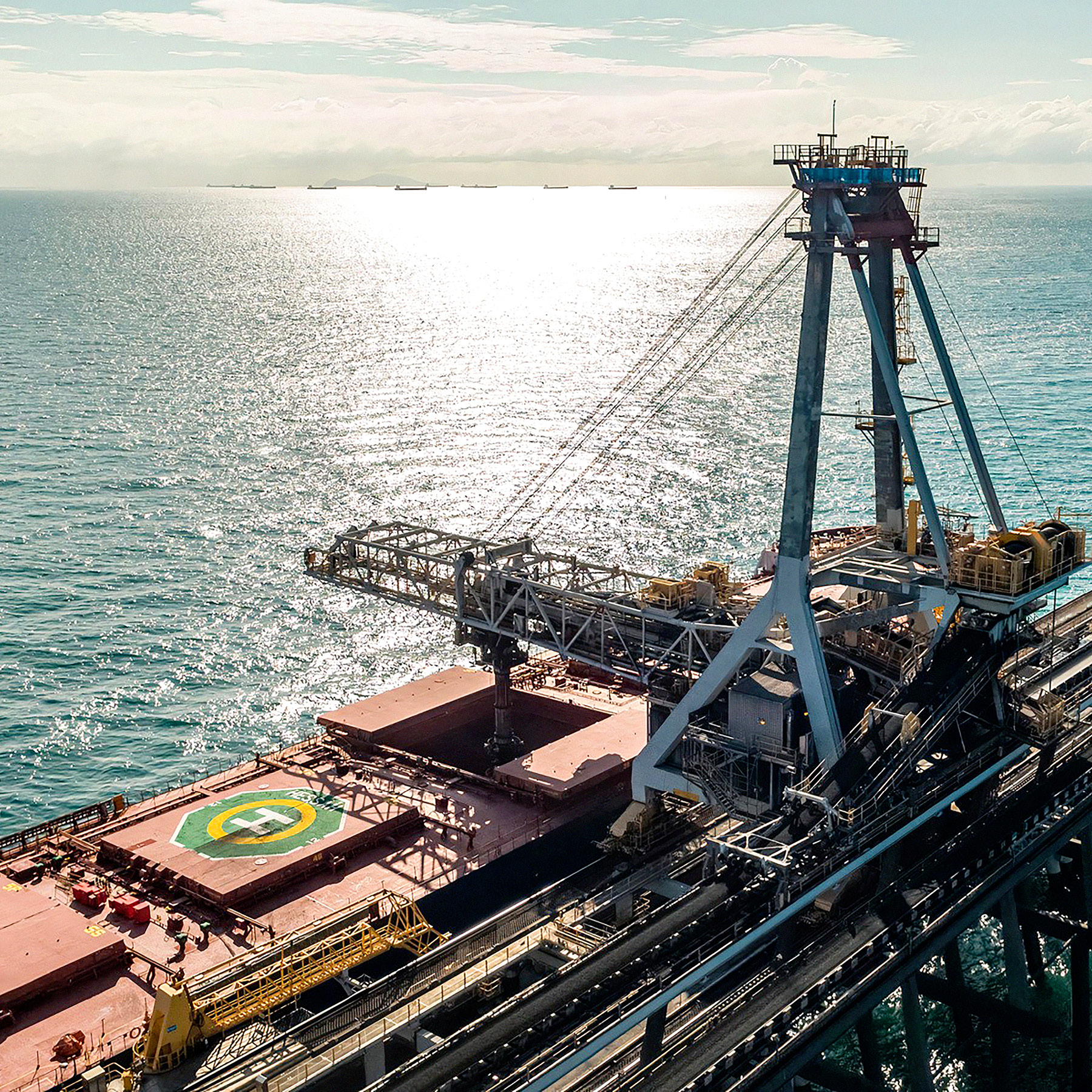

He took these lessons with him, studying business in Queensland and then spending a year in Japan before launching his career in commodity trading at Mitsui & Co Australia. His time at Mitsui and later at Wesfarmers gave him hands-on experience in joint ventures, asset management and international trade.
“When I joined Curragh Coal Sales at Wesfarmers in 2000, we were exporting around one million metric tons to international steel mills,” Latimore says. “By the time I left in 2011 to start M Resources, that number had grown to eight or nine million metric tons.”
Since founding M Group, named after his eldest son Marcus, whom he hopes will one day work within the business, Latimore has built the company from the ground up, trading over 400 cargoes of metallurgical coal between 2011 and 2016 before pivoting toward strategic investments.
His leadership style, he says, mirrors his passion for motor racing. When he was 15, his family hosted an exchange student from Modena, the birthplace of Ferrari, who arrived bearing gifts from the world’s number one racing brand. And he’s been hooked ever since.
“I find it very refreshing to hop in a Ferrari and take it around the track,” he enthuses. “We’re all busy people. So getting a couple of days to be able to enjoy your passion outside of work is very important.
“Then when I’m back in the office, I lead my team with a focus on excellence, innovation, precision and speed – like the ethos of the popular Italian racing brand.”
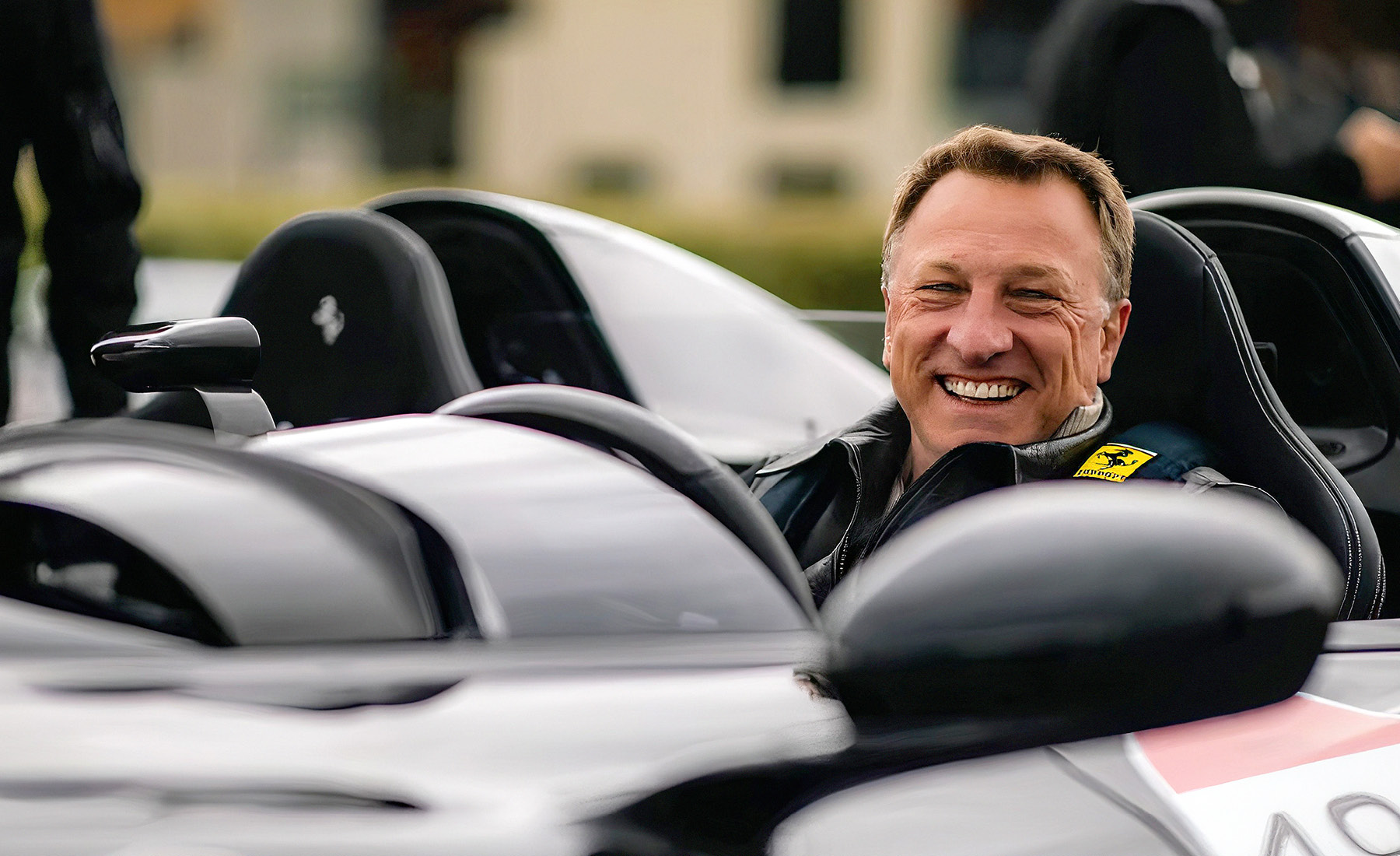
The road ahead
With a 30-year plan in place, Latimore’s leadership has positioned the company as a cornerstone of the global steel supply chain. Whether steel is produced using coal, electricity or emerging technologies, M Group is prepared to evolve alongside the industry.
Over the next year, Latimore says they’re specifically focusing on maximizing performance while continuing expansion efforts.
“Given our growth trajectory has been so rapid until now, we are very focused on optimizing the existing business that we have and putting effort into those assets,” he says.
“We’ll also continue to acquire more mines. And we remain very focused on expanding our product offering to the market and expanding our traded volumes. We’re very enthusiastic about our future growth trajectory – hopefully, our proudest moment is the one that’s still to come.”
Latimore is quick to point out that while M Group is in an enviable position now, that wasn’t always the case. In 2016, M Group lost its trade finance support.
“That was very challenging in the short-term,” he says. “And that could’ve been a very profitable period for us in early 2017.”
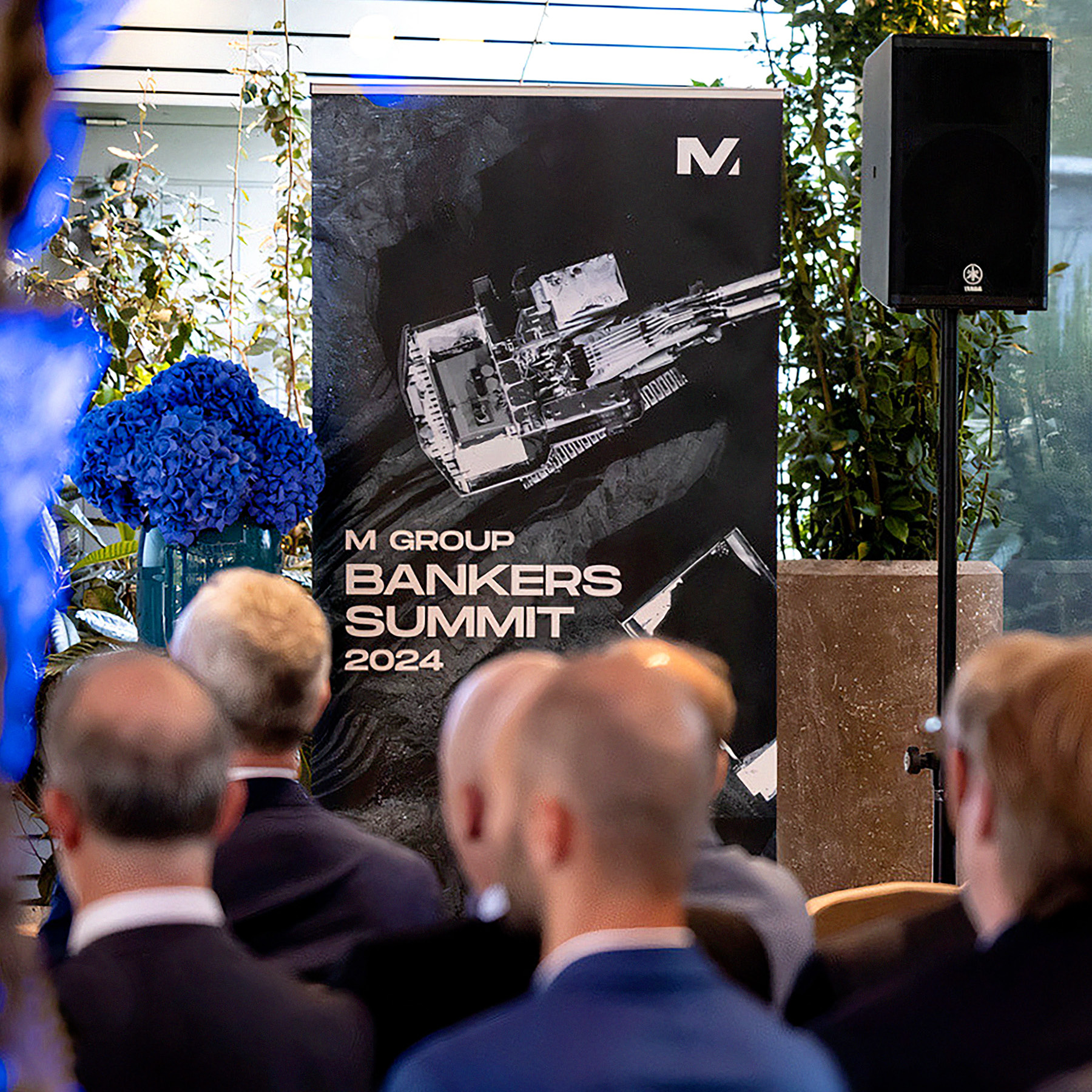

Rather than retreat, M Group rebuilt through strategic marketing arrangements and investments, working step by step to regain its financial footing.
“We’ve had challenges that we’ve had to overcome as we grew our traded coal volume to almost seven million metric tons, and then it dropped substantially during that period,” he says.
Despite those difficulties, the company rebounded stronger than ever.
“I’m very proud that we’ve now been able to grow total handled volume to well in excess of 20 million metric tons today,” he says with a smile. “M Group now has strong working relationships with many global financial institutions and holds an annual Bankers Summit in Switzerland.”
But for Latimore, success is more about the journey than the results.
“People often judge success by how you succeed. But I think how you dig deep and get through the setbacks is more important,” he says.
“It’s important to be resilient, determined and ready to double down on your efforts. It’s easy to be successful in the good times. But it’s the tougher and less profitable times that show you what you’re made of.”

